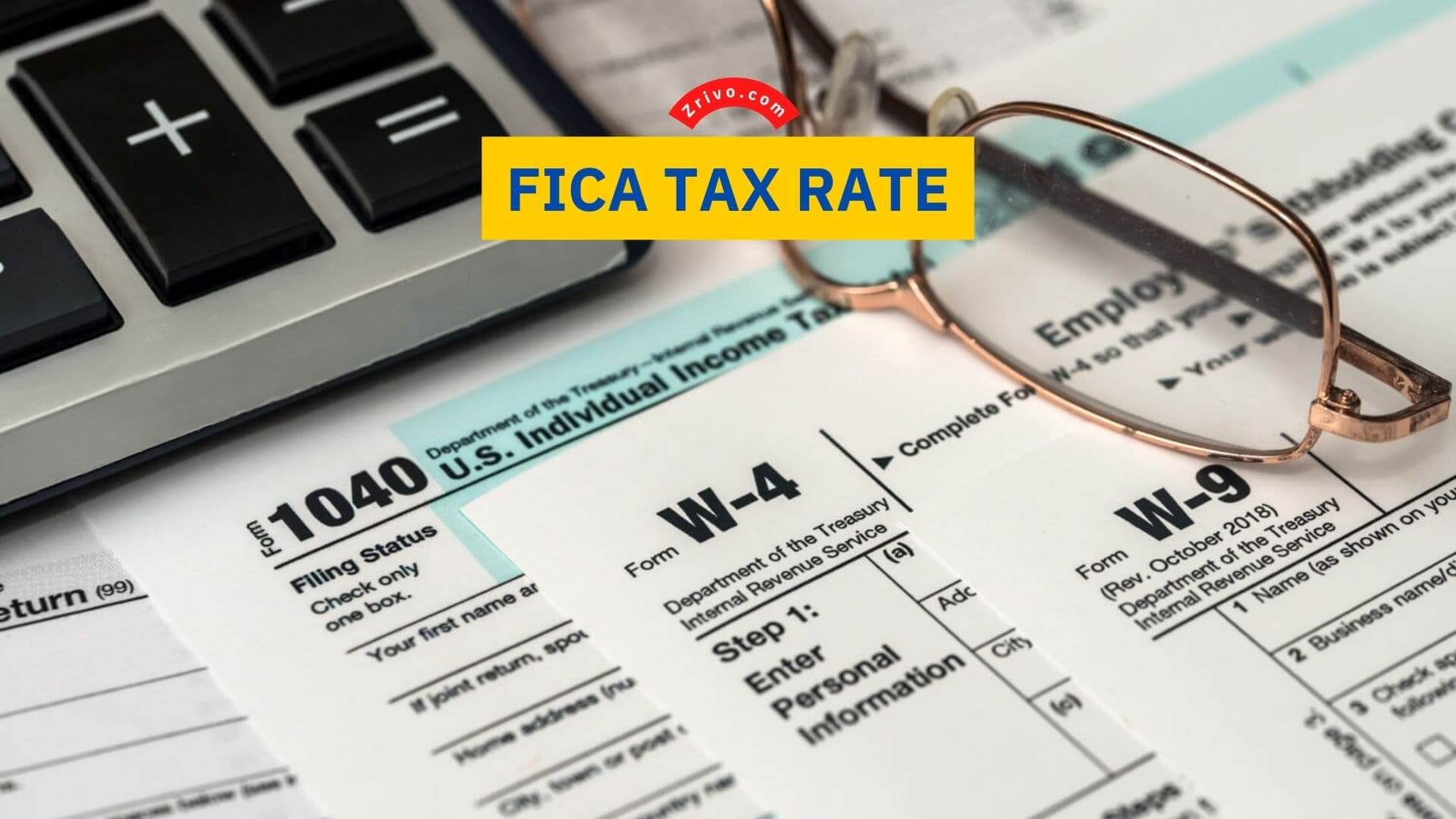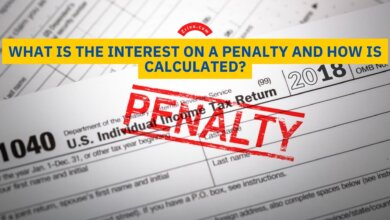FICA Tax Rate
FICA Tax is a federal tax that helps fund the Social Security and Medicare programs. Read on for further info on FICA Tax.

The Federal Insurance Contributions Act (FICA) is the law that requires employers and employees to pay Social Security and Medicare taxes. The funds help to fund Social Security and Medicare programs that provide current retirees, disabled persons, and surviving spouses with benefits. For most employees, 7.65% of their pretax wages goes toward FICA taxes each pay period, with a rate of 6.2% going to Social Security and 1.45% to Medicare. Both rates are based on your gross pay, the amount you get paid before any deductions or bonuses. This rate funds Social Security, a government-run retirement plan that pays out a monthly check to retired workers. It’s also the rate used to fund Medicare, a government-run healthcare program that pays out a monthly check to people over 65.
Employers are responsible for collecting and deducting these two FICA taxes, then sending them to the IRS semi-weekly or monthly, depending on their average size of deposits over the past year (new businesses deposit monthly). Once the tax is received, employers must send it along with any withheld amounts from employee pay for federal income tax. They must also file an IRS tax return to report these payments to the federal government. This is called a payroll tax return or Form 941.

How to Calculate FICA Tax?
As an employer, it’s important to understand the various employment taxes you must pay and how to file them on time. These include FICA, income tax withholdings, federal and state unemployment taxes, and more. Employers send employees’ paychecks and then withhold taxes to cover the employee’s share of Social Security, Medicare, and FUTA (Federal Unemployment Tax). These are reported to the IRS semi-weekly or monthly on Form 941.
The payroll tax is calculated by using an employee’s gross wages as the starting point. The Social Security portion of FICA consists of 6.2% of an employee’s total gross wage base up to a specific limit, adjusted annually. This is matched by the employer for a total of 15.3%. If an employee earns more than this, they have to pay the additional Medicare portion of FICA – 1.45% of their gross wages. However, employers don’t have to withhold the extra Medicare portion if an employee’s compensation is less than $200,000 annually.
If an employee changes jobs and their tax withholdings change due to the new position, they can claim a Social Security overpayment on Line 69 of Form 1040 or ask their employer for a refund. They should also make sure they don’t owe any excess Medicare tax repayments if they’re not eligible for a refund. The IRS doesn’t calculate your FICA taxes from your gross wages; instead, it uses a flat percentage of your income to determine the withholding. This percentage is based on your filing status and the number of times you are paid each year, including overtime or bonuses.
As an employer, you may have to keep track of all the forms and deadlines for FICA and other federal, state, and local payroll taxes. Fortunately, there are services that can help you with these tasks and keep you updated on current payroll tax rates and other key payroll issues.





